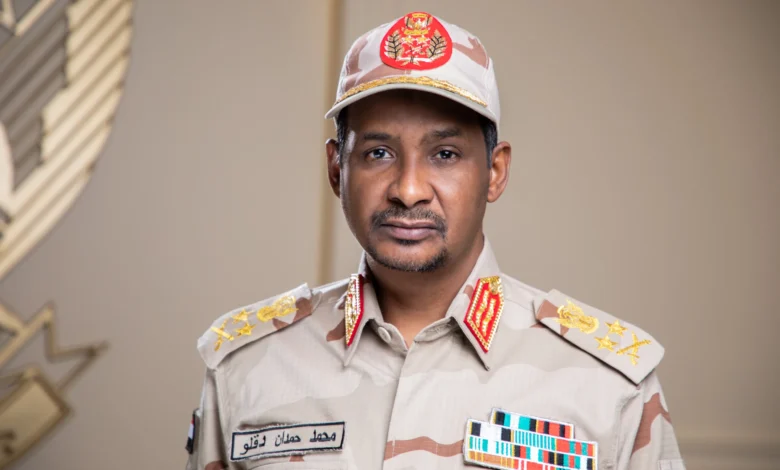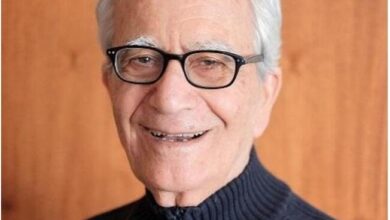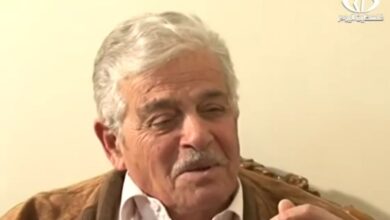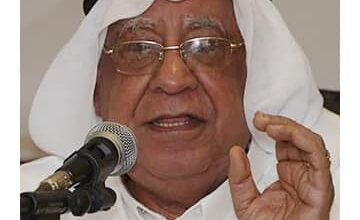Sudan is on the brink of explosion. By Ammar Najim Eldeen. Translated from Arabic by Ibrahim Ebeid. November 13, 2024
Translated from Arabic by Ibrahim Ebeid

Sudan is on the brink of explosion.
By Ammar Najim Eldeen.
Translated from Arabic by Ibrahim Ebeid.
November 13, 2024
Alliances between the Sudanese army and its loyalists are heading toward collapse, as information indicates that new partnerships are being formed, weakening the strength of the central army in an unprecedented way. This imminent defection will put the military to a severe test, especially with the prospect of some Darfur movements allying with the Rapid Support Forces, RSF. It seems we are on the cusp of a new phase of conflict, in which the country will enter a spiral of “breaking bones,” alliances will change, and disputes will be complicated.
Failure of integration and peace: harbingers of collapse
Juba Peace Agreement was not implemented as promised, nor did the full integration of the army and armed movements occur. In fact, it was revealed that the only merger achieved was with Malik Agar’s forces, under direct pressure from RSF commander Mohamed Hamdan Daglo (Hemedti). But this integration was cosmetic and humiliating; the soldiers were left in Khalid bin al-Walid camp for two weeks without food or medicine, which prompted them to leave the camp after being wholly neglected.
In a cynical situation, when the army abandoned them, Hemedti paid the salaries of these soldiers and fed them after Burhan refused to provide for their needs before the October 25, 2021, coup. The RSF commander became the “savior” of these soldiers, exposing fissures within military alliances.
Malik Aqar later lined up with Burhan in a ridiculous move whose soldiers were starving, and Hemedti was providing them with food. Malik is known to not tolerate hunger, saying in one of his false statements after the April 15 war: “We said to Burhan in Damazin ‘Let’s tie this boy up for you and kill him,’ but he refused.” It is false heroism in a time of interest, where fragile alliances between the parties are managed more on opportunism than principles.
A return to the era of exploitation and opportunism
The armed movements that used to sing about the revolution and democratic transition turned against their past and joined the ranks of Burhan’s coup on October 25, 2021. What was supposed to be militant political discourse has become merely a tool for authoritarian gains. These movements treated justice as leverage to extract their share of power, not as an inherent right to fight for.
This contradiction was clearly manifested in the actions of the Justice and Equality Movement, which restored its radical Islamic discourse and, under the leadership of Jibril Ibrahim, turned into a tool in the hands of the Muslim Brotherhood under the approach of Sayyid Qutb (innocence and loyalty). Still, he forgot that ((race is more vital than religion)) and that his end will be miserable.
. As for Minawi, after the war, his followers used the language of threats and intimidation against their opponents, promising them arrest and liquidation, and this is not far from Minawi, as we saw in Khartoum last year. 2004 How he was chasing his comrades in the streets of Mohandessin with firearms.
Positions of False Neutrality: Betrayal of the Blood of Civilians
Amid this chaos, post-war armed movements on April 15 took a position of neutrality towards the conflict between the army and the RSF, allowing serious violations to occur, especially in Darfur and El Geneina. The intelligence distributed weapons to civilians, prompting them to confront the heavily armed Rapid Support Forces (RSF). The civilians were armed with light Kalashnikovs, facing an arsenal of armored vehicles and advanced weapons, killing hundreds of them.
Despite these massacres, armed movements have not moved to defend civilians. Neutrality did not break even after all the states of Darfur fell to Rapid Support except North Darfur. Neutrality did not stop until after submitting great financial demands to Burhan to return to fighting, but not in defense of Darfur and its citizens in El Geneina, Zalingei, or El Daein, but in areas such as Omdurman Central Radio, Dindar, and the Jeli refinery, seeking to achieve the narrow interests of the army in the north.
New alliance negotiations: army collapse looms
indicates that secret talks are taking place between Minni Arko Minawi and the Rapid Support Forces to form a military alliance against the central government. These negotiations are being conducted slowly but surely and are held in three countries: a neighboring country, an Arab state, and a European one.
If this alliance is completed, it will mark the collapse of Sudan’s already exhausted military control, especially after Burhan became the first displaced president in the country’s history to run state affairs from eastern Sudan. These new alliances will push Sudan into a more violent phase, deepening the crisis and opening the door to a protracted conflict in which there is only room for breaking the bone between the warring parties.
Criticism of war supporters and igniting conflict
negative role played by some intellectuals and war supporters behind their screens cannot be overlooked. These instigators contributed to fueling the conflict, encouraging civilians to take up arms to confront heavily armed forces without realizing that the Kalashnikov would not withstand armored vehicles and tanks.
Dr. Mohamed Jalal Hashem is a stark example of this negative role; he, like the military and RSF, is responsible for the deaths of thousands of civilians with his inflammatory rhetoric. Those who support the war, no matter how much they try to hide behind flashy slogans, are accomplices in this ongoing tragedy.
Conclusion: Sudan is on the cusp of a significant change.
Sudan seems to be embarking on a new phase of political and military transformations, with old alliances disintegrating and new forces forming on the ruins of the central army. What we are witnessing today is only the beginning of a big explosion in which conflicts will escalate and the balance of power in the country will be reshaped.
The coming days will be full of developments reshaping Sudan’s political and military landscape. With the disintegration of fragile alliances and the reversal of interests, Sudan will witness dramatic coups and violent conflict that will mark this phase with inevitable blood and betrayal.





